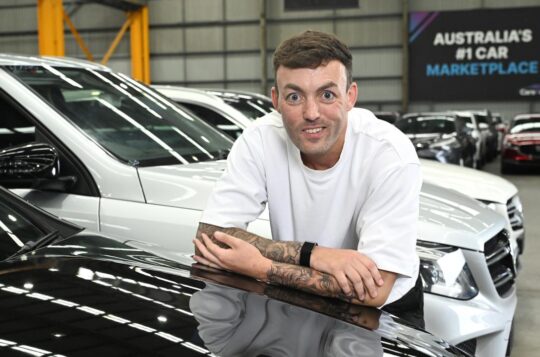
Work never ends for used car giant after $120m sale
A used car startup has netted its founder a nine-figure payday after selling his business to Toyota but it won't put the handbrake on his drive.

A used car startup has netted its founder a nine-figure payday after selling his business to Toyota but it won't put the handbrake on his drive.
The communications minister has requested an urgent meeting with controversial gaming host Roblox, while her opponent has labelled her too slow to act.
Governments must work together to tackle the dangerous rise of sovereign citizens, with spontaneous acts of violence that kill cops on the rise, a report warns.
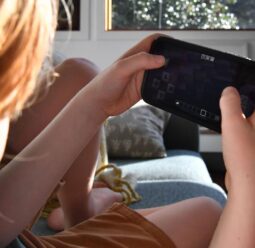
Technology giants are not doing enough to tackle the worst examples of child sexual abuse material online, according to Australia's online safety boss.
Standing outside police recruitment events, armed with 'you shouldn't be a cop' flyers, Tom Raue hopes to change Australians' minds.
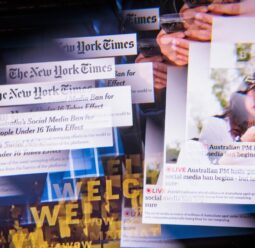
Australian laws banning children from social media have the world talking but two months in, experts say they are far from foolproof.
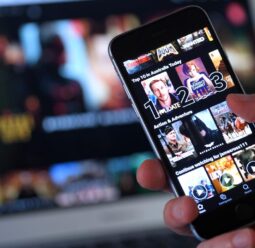
Australians are hooking up to faster broadband connections by the thousands and the technology is changing the way they consume entertainment.
Firearms, ammunition and flags linked to banned terrorist organisations were found at the home of a man accused of praising the Bondi gunmen on social media.
The prime minister says his under-16s social media ban belongs in the pantheon of world-leading Australian innovations like the secret ballot.
Australians will have to wait a little longer to learn how effective a contentious social media ban has been for the nation's children.
The rollout of Australia's landmark social media ban will be untidy, Prime Minister Anthony Albanese admits, but he says it is already a success.
Tech giant TikTok will fall into line with Australia's world-leading social media restrictions, admitting age assurance methods can't protect people's privacy.
Tech giants face accuracy flaws in the under-16 social media bans, as age-scan errors risk letting teens slip through or wrongly lock them out of platforms.
The Bureau of Meteorology's chief executive is standing by controversial changes to its website overhaul as he faces a senate grilling.
YouTube needs to fix its safety after the tech giant criticised Australia's world-leading laws protecting kids, the communications minister says.
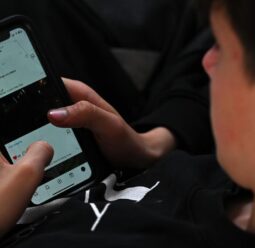
Australia's social media age restrictions will kick in as planned, with a High Court challenge to the ban pushed into the new year.
YouTube, Reddit, Kick and X are yet to reveal compliance measures with Australia's social media ban, with kids expected to experience withdrawal symptoms.

Australian authorities demanded changes from a major US gaming platform over concerns it was being used to groom and exploit children.
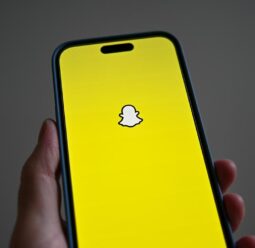
Snapchat is the latest social media app to issue warnings to young Australian users and will ask thousands of people to verify their age.
Small businesses can face ruin when they're locked out of social media accounts with no explanation, with data revealing their plight is becoming more common.
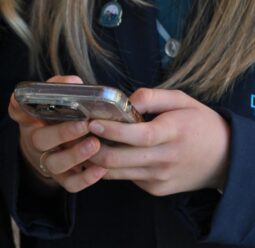
Social media giants earning billions in revenue will view penalties under Australia's ban for under-16s as "peanuts", a former Facebook executive says.
Parents are encouraged to have hard conversations with children about online safety even as a world-first social media ban for Australian kids is set to begin.
The list of sites captured under Australia's social media ban for under-16s has been expanded, but a popular gaming platform remains exempt.
The most powerful tech giants will abide by Australia's ban on children under the age of 16 despite arguing it risks undermining confidence in the rules.
Parents and teachers are being recruited to the front lines of Australia's social media ban for kids, with a range of resources launched to help them prepare.
Personal data of millions of Qantas customers has been published online after hackers made good on a ransom threat.
Qantas is facing heavy fines after data it held on about one in three frequent flyer members was leaked online, despite efforts to reduce its spread.
YouTube warns blocking young people from accessing its platform will lead to unintended consequences for online safety and hinder emerging talent.

Australians are being warned to adopt better password habits for their personal and business use as the extent and cost of cyber crime is laid bare.
Police have taken aim at "keyboard detectives" as a massive outback search for a four-year-old boy missing from a rural property for a week is downgraded.
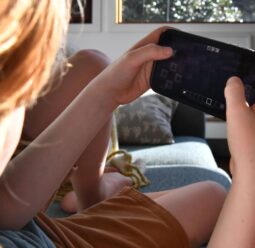
The ideological divide between Australia and the US has grown wider on the world stage as leaders deliver two very different messages to the United Nations.